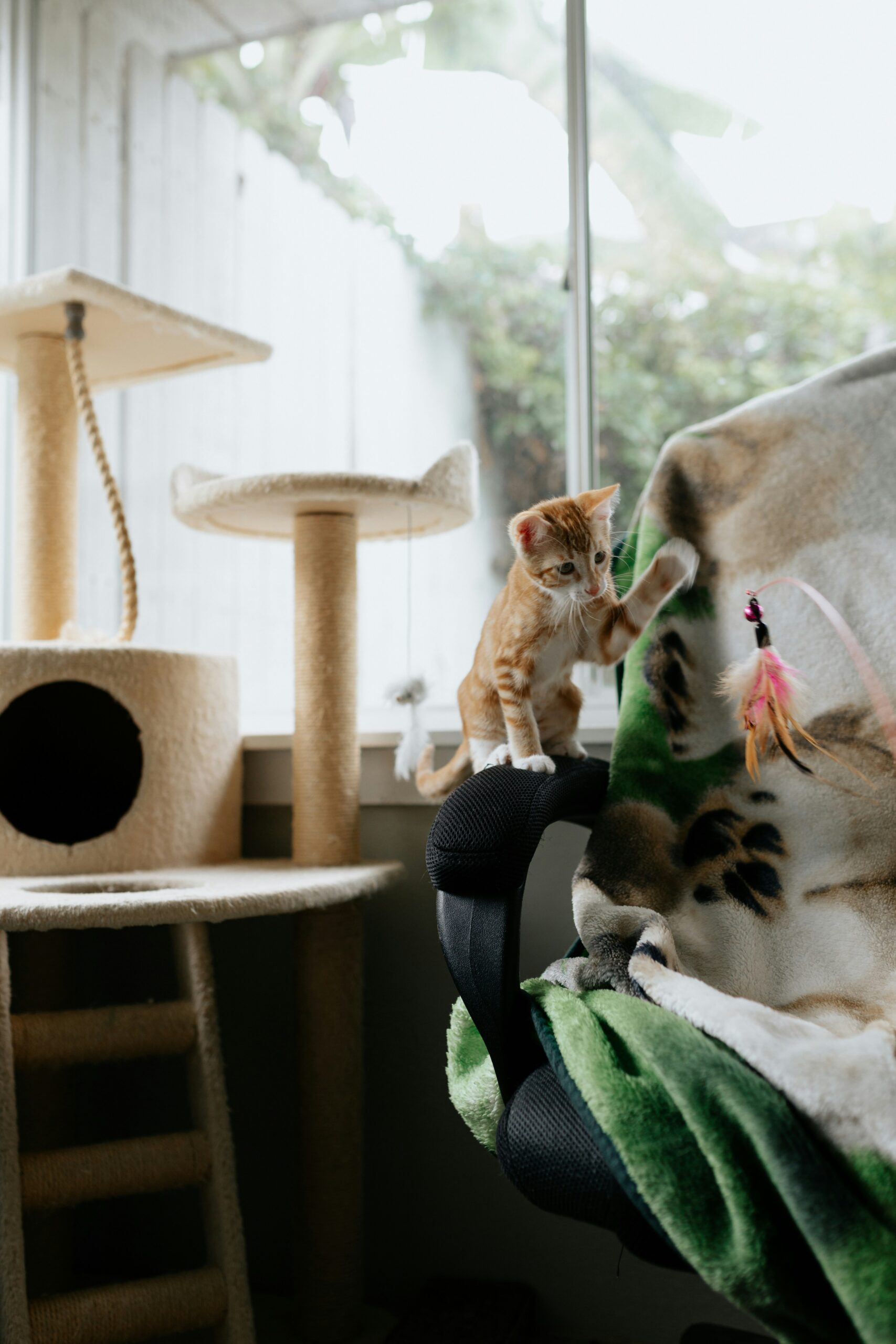Understanding the lifespan of your feline friend is crucial for ensuring they lead a happy and healthy life. Whether you’re a seasoned cat owner or considering adopting a new kitten, knowing what influences a cat’s longevity can help you provide the best care possible.
Factors Affecting Cat Lifespan
Cats are known for their independent yet affectionate nature, but their life expectancy can vary significantly. The average lifespan of a domestic cat ranges from 13 to 17 years, but many live into their early 20s. Several factors contribute to this range, including genetics, diet, healthcare, and lifestyle.
Genetics and Breed
Different breeds have varying life expectancies. For instance, Siamese cats are known for their long lives, sometimes reaching 20 years or more. On the other hand, certain breeds might be predisposed to specific health issues that could affect their lifespan.
Nutrition and Diet
Providing a balanced diet is paramount. Cats require a diet rich in protein and certain fats. Ensuring they have access to high-quality cat food can ward off obesity and associated diseases. According to a study published in the Journal of Feline Medicine and Surgery, cats fed a diet rich in natural foods lived longer compared to those on a processed diet.
Pro Tip: Always ensure your cat has fresh water available to support kidney health and overall hydration.
Healthcare and Regular Check-ups
Regular veterinary visits are vital in catching potential health issues early. Vaccinations, dental care, and parasite prevention are essential components of a comprehensive healthcare routine. Dr. Emily Jenkins, a renowned veterinarian, emphasizes that “Preventive care is the cornerstone of extending a cat’s life.”
Lifestyle and Environment
Indoor cats generally live longer than outdoor cats due to reduced exposure to risks like traffic and infectious diseases. Creating a stimulating indoor environment with plenty of toys and scratching posts can help maintain their physical and mental health.
Table: Comparing Factors Influencing Cat Lifespan
| Factor | Impact on Longevity |
|---|---|
| Breed | Significant |
| Diet | High |
| Healthcare | High |
| Indoor vs. Outdoor | High |
| Exercise | Moderate |
| Genetic Disorders | Significant |
| Stress Levels | Moderate |
| Social Interaction | Moderate |
Actionable Tips for a Longer Life
- Provide a balanced diet tailored to your cat’s needs.
- Schedule regular veterinary check-ups.
- Create a safe and stimulating environment.
- Encourage regular exercise through play.
- Stay informed about breed-specific health concerns.
Frequently Asked Questions
How can I tell if my cat is healthy?
Regular vet visits, alongside monitoring your cat’s behavior and appetite, can help you gauge their health.
Do indoor cats live longer than outdoor cats?
Yes, indoor cats generally have a longer lifespan due to fewer risks.
Conclusion
In summary, understanding the factors that influence a cat’s lifespan can help you make informed decisions about their care. By focusing on nutrition, healthcare, and a safe environment, you can ensure your feline companion enjoys a long, fulfilling life. For more detailed advice, consider consulting your veterinarian or exploring reputable pet health resources online.




Leave a Reply